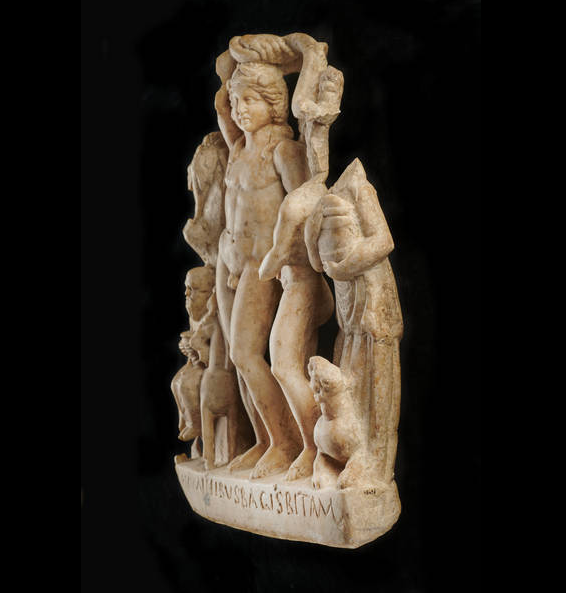
#EpigraphyTuesday - A cracking piece today, with the bronze tablets preserving elements of Claudius' speech to the Senate in AD 48 on admitting Gauls to the Senate.
Image: Lugdunum Museum (AD012); ILS 212. Link - lugdunum.grandlyon.com/fr/Oeuvre/1209…
Image: Lugdunum Museum (AD012); ILS 212. Link - lugdunum.grandlyon.com/fr/Oeuvre/1209…

Discovered in 1528, the bronze panels record Claudius' response to a request from the leading citizens of Gallia Comata that they should be allowed to hold public office in Rome.
Claudius' attempts to convince the Senate of the sense of this proposal include historical examples of 'foreigners' who had brought great benefit to Rome, including the early kings Numa Pompilius and Tarquinius Priscus. 

Claudius also calls on the precedents of Augustus and Tiberius "wanting all the best men from colonies and municipalities everywhere to be in this Senate, providing they had the necessary qualifications of character and wealth".
The tablet is also very interesting as this speech is recorded in Tacitus (Annals 11.23-25), who gives a rather different version of it, adding greater rhetorical force and coherence. The differences between the two provide a pleasing insight into Roman historiography.
For more on this, see:
Griffin, M. T. “The Lyons Tablet and Tacitean Hindsight.” The Classical Quarterly, vol. 32, no. 2, Cambridge University Press, 1982, pp. 404–18.
jstor.org/stable/638580
#EpigraphyTuesday #Claudius
Griffin, M. T. “The Lyons Tablet and Tacitean Hindsight.” The Classical Quarterly, vol. 32, no. 2, Cambridge University Press, 1982, pp. 404–18.
jstor.org/stable/638580
#EpigraphyTuesday #Claudius
• • •
Missing some Tweet in this thread? You can try to
force a refresh














